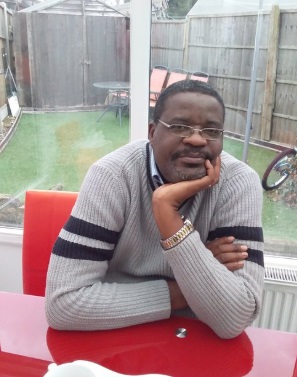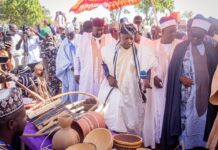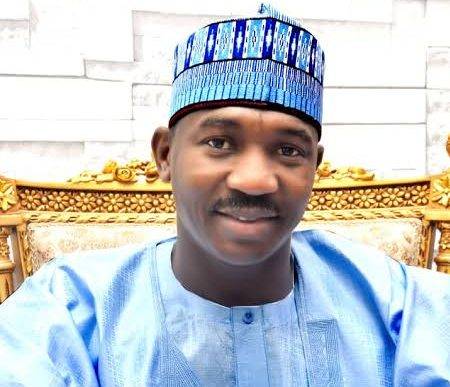Two logics, citizens are gradually getting used to, have taken hold of our country. The first logic takes the political turf as a militarised space which asserts itself as the dominant power that captures anything and everything standing in opposition, compelling all to follow its own logic. How can one discern the prevalence of this logic? One has to look at some parts of the country.
Look at Rivers State where the former governor is warring with his erstwhile Man Friday, now successor; and specifically, Edo State where thugs tore into Election Petition Tribunal to intimidate those whose victories were stolen at the ballot. In the Streets of Benin City, and elsewhere, the logicians of the militarised space are drawing on political animus and their bestial spirits to reinforce this logic of the “poor, nasty and brutish” state of nature.
Edolites have to get used to this ‘new social contract.
And the second logic is that which incentivises the bad behaviours of public officials and threatens natural freedoms, liberties and constitutional rights.
Let’s call it Adejobi’s logic.
In a constitutional democracy that entails the flourish of rights, liberties and freedoms, any regression to such egregious logic pursued in the promotion of the Byzantine and the old English common law idea that the kings does no wrong, is forbidden. Since ours is a constitutional democracy and our country exists in contemporary times, can citizens call out the President or members of his family for any wrong doing? Olumuyiwa Adejobi, spokesperson of the Nigerian Police Force, answers no. According to Adejobi’s logic, to criticise the President, or members of his family, is to cyberbully him. This is the same spokesperson of the Police Force who once described the threat issued by a police officer to shoot a citizen as “mere words of mouth”. The activist, Ms Olamide Thomas, who the police charged to court for threatening to lay curse on President Tinubu’s son, Seyi, and the Inspector General of Police, Kayode Egbetokun, was not treated by the police as expressing “mere words of mouth”.
Adejobi isn’t alone. Last month, eighteen years old Sidi Hamdiyya was arrested in Sokoto for embarassing Governor Ahmad Aliyu on social media. On the plateau, citizen Samuel was arrested and detained by the police for allegedly criticising Governor Caleb Mutfwang for acquiring luxury cars as hunger stalks the land. The list is growing. This must be said: the motivations and interests of logicians, like Adejobi, Aliyu and Mutfwang, go beyond incentivising bad behaviours, extending far as imposing a culture of silence on citizens, suborning the Constitution and states’ institutions and placing them beneath the feet of the President, members of his family, and all the President’s men.
Though both logics pose danger to the polity, it is the emergence of the far more dangerous logic last year I now turn to.
As it is always the case, Nigeria’s elections cycles envision change within the logic in which time revisits the old and emerges; not in a new form or substance, but in that timeless way the French often describe it as “plus ca change, plus c’est la meme chose”. The change called Renewed Hope is the poor logic, now evident in time constantly transforming into hopelessness; and places citizens live in daily morphing into realities of death. This transformation can be better understood through the needless deaths of women and children in Ibadan, Okija and Abuja over Christmas rice. And, of course, in the way the logic intertwines and shapes identity, often priming it as a self-destruct button. On the way it primes identity as a self-destruct button, one has to consider how the logic of Renewed Hope mobilises blase identity and asserts it as superior to other identities, subverts the moral self and supplants it with the amoral driven by the fear of others it considers as the perpetrators of “the original sin of simple robbery”; and above all, how it coerces those immersed in the logic to glamourise poverty, to teach poverty to themselves like Diogenes of Sinope, and, perhaps, to learn to come to their ends and eternally defeat hunger in a very public way.
Unfortunately, it appears the immersion is no longer coerced; citizens, tired of throwing stones in the streets and screaming, hunger is stripping us to the bones, are voluntarily returning to the core of the logic of Renewed Hope to wait their ends. Death by stampede and death by suicide are but two faces of the same tragedy. Where are the poets to immortalise those citizens we lose, whether this way or that, in the beauty of words?




